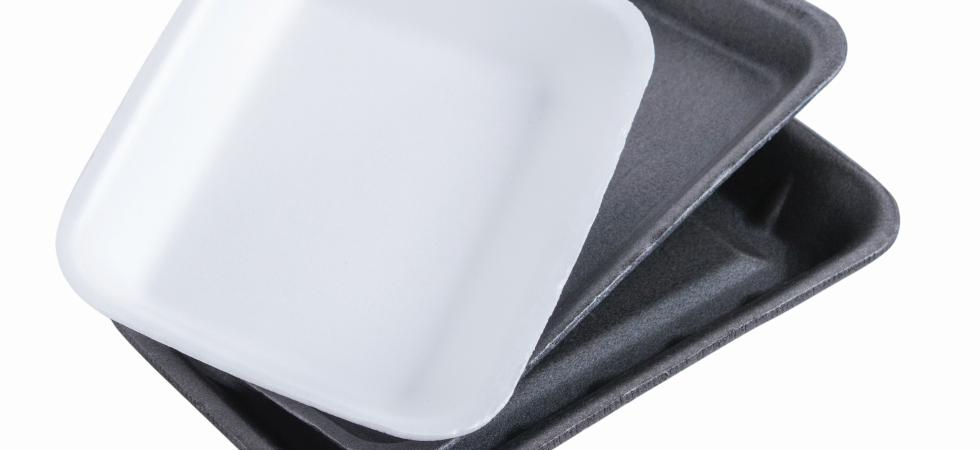Packaging data services provider Ecoveritas claims a widespread lack of understanding and accurate data is why less than 5% of HMRC’s estimated number of registrations to pay the new tax on plastic packaging signed up.
The Treasury’s plastic packaging tax (PPT) is payable by UK businesses that manufacture or import 10 tonnes or more of plastic packaging, which does not include at least 30% recycled plastic over 12 months.
The tax came into law on 1st April 2022. However, data from Ecoveritas shows that just 992 UK businesses registered to pay the new tax on plastic packaging in the first month of registrations. This is despite estimates by HMRC that suggest as many as 20,000 businesses would be affected by the new tax.
Andrew McCaffery, EPR director at Ecoveritas said that the number of businesses which registered for the tax within this period “casts doubt over the £235 million in revenue HMRC predicted it would collect from the new tax in its first year.
“More worryingly, it also paves the way for a raft of fines for non-payment for the industry.”
McCaffery said that businesses Ecoveritas have interacted with in recent times have expressed difficulties in understanding the tax. He said: “Despite the masses of guidance issued by HMRC – which was overwhelming – the legislation is complicated. Businesses are confused about who needs to pay the tax, when, and on which products.
“Frustratingly, we can only do so much without working with these businesses directly. Many are unaware that the products they make or use are within the tax’s scope, or that they could be liable if another member of their supply chain fails to pay.”
He said: “We believe the low number of registrations is down to some firms still being unaware they have to pay the tax since the definition of plastic packaging is not always obvious: items such as plastic coat-hangers, bin liners, gift wrapping such as tape, for example, are subject to the levy.”
Whilst McCaffery explained that, in his opinion, HMRC is unlikely to impose hefty penalties for innocent non-compliance, being unaware of the tax, he said, will not stop HMRC from investigating a business and levying fines for underpayments.
He added: “It is critically important that companies make sure they know whether they are liable or not – or whether they have sufficient due diligence measures in place as soon as possible. Any unsure businesses should seek professional advice immediately.”









